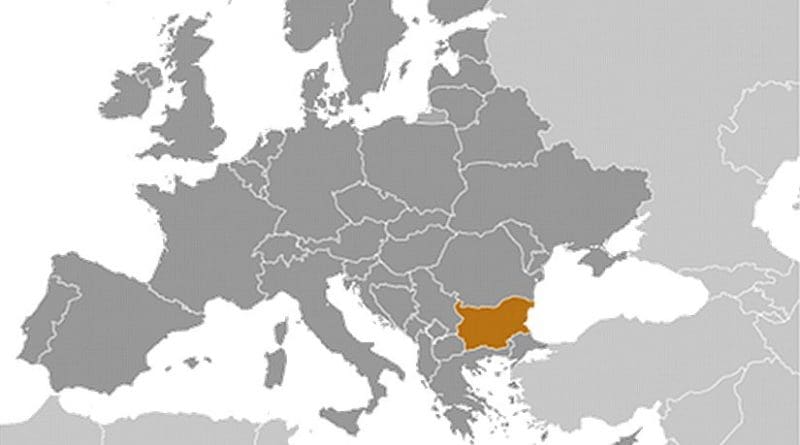Bulgaria: Anti-Terror Bill Raises Concerns
By Mariya Cheresheva
Bulgarian parliamentarians gave tough anti-terror legislation a green light in a series of votes on Wednesday and Thursday.
The changes give the police, army, prosecution and security services sweeping powers in terrorist alert cases to wiretap suspects and restrict civil rights.
In cases of terrorist threats, the Minister of Interior will be empowered to trigger a national counter-terrorism plan that includes “the partial and temporary restriction of the rights of citizens”.
The military will be given wide police functions to search and arrest people. Physical force will also be permitted, in cases of “absolute necessity”.
The period of permitted wiretapping of a criminal suspect is extended from six months to three years and the Prosecutor-General has been given the rights to demand the use of special intelligence means.
Since the bill was proposed in July, it has been subjected to criticism by the government’s opponents and by rights groups.
MPs from the left-wing Bulgarian Socialist Party and the Alternative for Bulgarian Revival criticized extending the permitted time for wiretapping, qualifying it as “unreasonably broad”.
Atanas Atanasov, an MP from the right-wing party Democrats for Strong Bulgaria, told BIRN the powers granted to the Minister of Interior, the State Agency for National Security, DANS, and the Prosecutor General, were too wide.
Such authority “opens up opportunities for the abuse of political power,” Atanasov said.
He told BIRN that the powers of law-enforcement bodies in cases of an anti-terror plan now resemble those in a state of emergency, which can only voted on by parliament, not by a single minister.
The MP, who is а member of parliament’s security commission, said: “The enforcement of such special orders creates a huge risk of abuse by one body [the Prosecutor-General] which is not subjected to any control.”
Back in July, the rights group, the Bulgaria Helsinki Committee, complained that the changes potentially impacted “on the fundamental rights of citizens without them having committed any terrorist acts, attempts or preparations for such acts”.
The government, however, has defended the need to introduce anti-terror legislation amid what it says are growing international threats.
– See more at: http://www.balkaninsight.com/en/article/bulgaria-s-new-anti-terror-bill-raises-concern-12-15-2016#sthash.i9LxW5hw.dpuf

